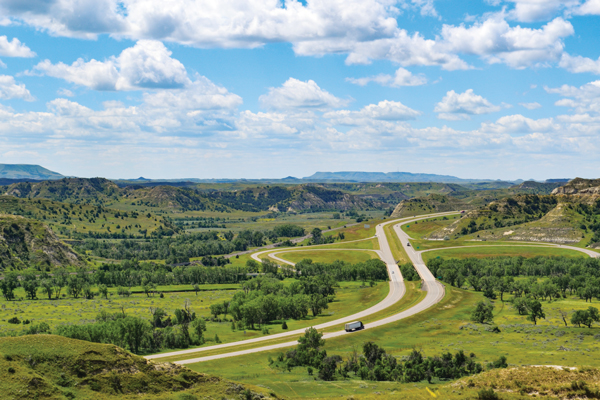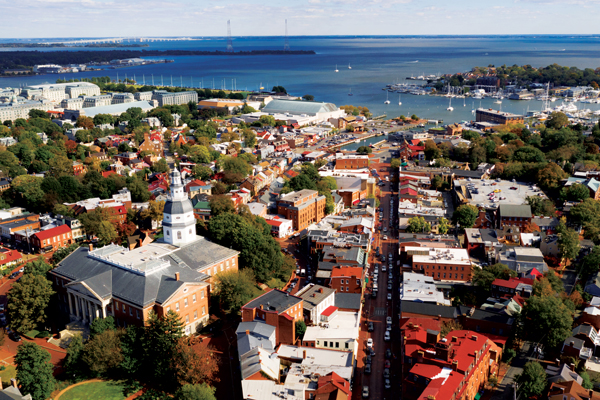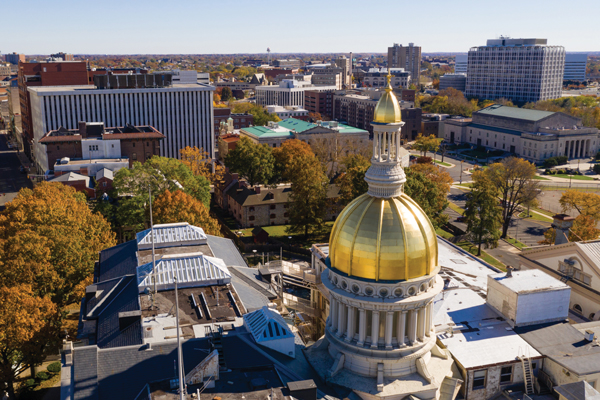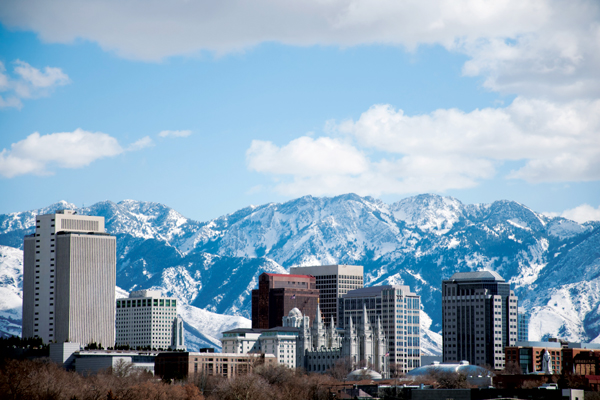Americans are increasingly telling businesses, “Charge it,” even when they should know better, according to a WalletHub report.
The personal finance website assessed the financial aptitude of U.S. citizens and ranked states with the best and worst financial literacy.
Among the questions studied was whether U.S. consumers have learned from past mistakes when it comes to accumulating debt.
The asnwer?
"Not enough, it would seem," the report said. "We ended 2018 with $67 billion in new credit-card debt. That’s unsurprising, considering that only two in five adults actually have a budget. Total American credit card debt passed $1 trillion for the first time ever in 2018, so it’s clear that better financial education is necessary to try to turn this trend around."
Some states’ residents know how to use their credit cards more responsibly than others, according to WalletHub.
To determine which states had the best financial literacy, WalletHub used 17 metrics ranging from high-school financial literacy grades to share of adults with rainy-day funds.
Here, in ascending order, are WalletHub’s top 10 most financially literate states:
10. New York
New York’s largest city is known as the financial capitol of the world for good reason. New York ranked 12th for how residents scored on "WalletLiteracy" test on the topic of personal finances, and 18th in financial planning and habits, and financial knowledge and education.

9. North Dakota
North Dakota has the highest share of adults with rainy-day funds. They also had the fourth-most sustainable spending habits, ranking fifth overall in financial planning and habits, and 10th in financial knowledge and education. However, North Dakotans ranked 32nd on the WalletLiteracy test.

8. Colorado
Residents of the Centennial State know how to make ends meet. Coloradans ranked sixth on the WalletLiteracy test; ninth on financial planning and habits; and 16th on financial knowledge and education. Total score: 64.30 points out of 100.

7. Maine
Residents of the Pine Tree State know better than to set foot in a loan shark’s door: The state has the fifth-lowest share of adults borrowing from non-bank lenders. Mainers also ranked first on the WalletLiteracy test, 13th on financial knowledge and education, and 19th on financial planning and habits.

6. Maryland
Maryland residents know where and where not to keep their money: The state is tied with Utah for fourth-highest share of unbanked households. Maryland ranked sixth in financial knowledge and education, 14th on the WalletLiteracy test, and 15th in financial planning and habits.

5. Minnesota
Minnesotans are financially well prepared for any emergency: The state had the third-highest share of adults with rainy-day funds and was tied for first with Vermont for the highest share of unbanked households. Minnesota ranked fifth in the WalletLiteracy test; sixth in financial planning and habits, and ninth in financial knowledge and education.

4. New Jersey
The state has the second-highest public high school graduation rate and the third-lowest share of adults borrowing from non-bank lenders. New Jersey ranked fifth in financial knowledge and education, 10th in the WalletLiteracy test, and 13th in financial planning and habits.

3. New Hampshire
Granite Staters go to the head of the class when it comes to budgeting their dollars and cents: The state had the second-highest share of adults with rainy-day funds and the fourth-lowest share of adults borrowing from non-bank lenders. New Hampshire ranked first in financial planning and habits; seventh in the WalletLiteracy test; and eighth in financial knowledge and education.

2. Utah
Utah residents are tied with Maryland for fourth-highest share of unbanked households. The state ranked first in financial knowledge and education and third in financial planning and habits. But it ranked 46th in the WalletLiteracy test. 
1. Virginia
Virginians know how best to put their money to work for them. Virginia ranked second in financial knowledge and education and seventh in financial planning and habits. But it was 28th in the WalletLiteracy test.

The full report can be viewed here.